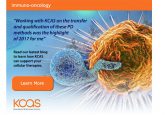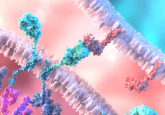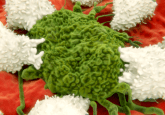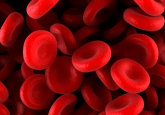Ketogenic diet shows promise in boosting CAR T cell therapy effectiveness
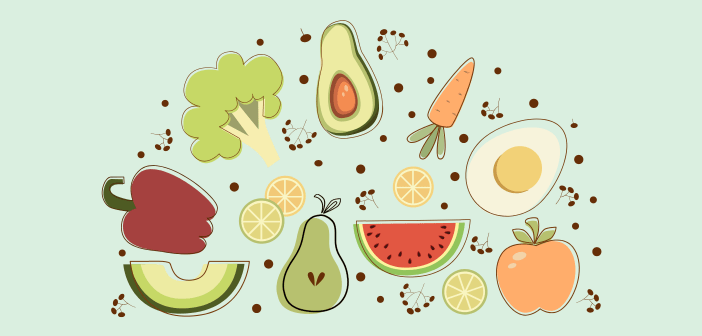
A ketogenic diet and BHB supplementation could enhance CAR T cell therapy’s antitumor efficacy, leading to improved tumor control and survival.
A research team led by Marco Ruella and Maayan Levy from the University of Pennsylvania (PA, USA) has made a significant breakthrough in enhancing CAR T cell treatment. The study showed that a ketogenic diet can boost CAR T cell antitumor function by increasing the production of the metabolite β-hydroxybutyrate (BHB). This could present a potentially cost-effective approach to enhance CAR T cell performance and bolster their cancer-fighting capabilities. Their findings were revealed at the 66th American Society of Hematology Annual Meeting and Exposition (December 7–10, 2024; CA, USA).
CAR T cell therapy is a revolutionary form of cancer immunotherapy that utilizes a patient’s own T cells, genetically modified in a laboratory, to more effectively locate and destroy cancer cells. Currently, CAR T cell therapy is FDA-approved for hematological malignancies, including leukemia, lymphoma and multiple myeloma. Despite its success for some patients, others do not respond to CAR T cell therapy.
“Thousands of patients with blood cancers have been successfully treated with CAR T cell therapy, but it still doesn’t work for everyone. We took an outside-the-box approach to improve CAR T cell therapy, by targeting T cells through diet rather than further genetic engineering.” explained Shan Liu, a postdoctoral fellow from the University of Pennsylvania who presented this study at the Meeting.
You may also be interested in:
- How Treg cells impact CAR-T therapy: insights from the Cancer Correlative Science Unit
- Panel discussion: biomarker bioanalysis in oncology drug development and personalized medicine
- What if we could eliminate the need for lymphodepleting chemotherapy before CAR T-cell therapy?
The team began by feeding mouse models implanted with diffuse large B-cell lymphoma one of five diet types: ketogenic, high-fiber, high-fat, high-protein, high-cholesterol or a control diet matched for macro- and micronutrient content. Mice fed a ketogenic diet showed improved tumor control and overall survival relative to the other diet types. With further analysis, they identified BHB, a key metabolite produced in the liver during ketosis, was significantly higher in ketogenic diet-fed mice.
Next, the team investigated whether BHB played a central role in mediating the observed anti-tumor effects. The results demonstrated that combining BHB supplementation with CAR T cell therapy led to complete cancer eradication in the majority of mice.
The team then assessed the translational potential of these results in humans by analyzing serum samples from patients that had recently undergone CAR T cell therapy. They discovered that higher blood BHB levels were positively associated with enhanced CAR T cell expansion in patients. These findings support the team’s preclinical results and the theory that BHB supplementation could improve the effectiveness of CAR T cell therapy.
“Our theory is that CAR T cells prefer BHB as a fuel source rather than standard sugars in our body, such as glucose. So, increasing the levels of BHB in the body gives the CAR T cells more power to take out the cancer cells,” explained Puneeth Guruprasad, a medical student in the Perelman School of Medicine at the University of Pennsylvania.
The group is now initiating a Phase 1 clinical trial at Penn Medicine’s Abramson Cancer Center to evaluate BHB supplementation during CART19 treatment for relapsed or refractory B cell lymphoma.
“We’re talking about an intervention that is relatively cheap and has low toxicity potential. If the clinical trial data pans out, I’m excited to think about how a fairly simple approach like this could be combined with dietary interventions or other, more traditional approaches, to enhance the anti-cancer effect,” commented Levy.

